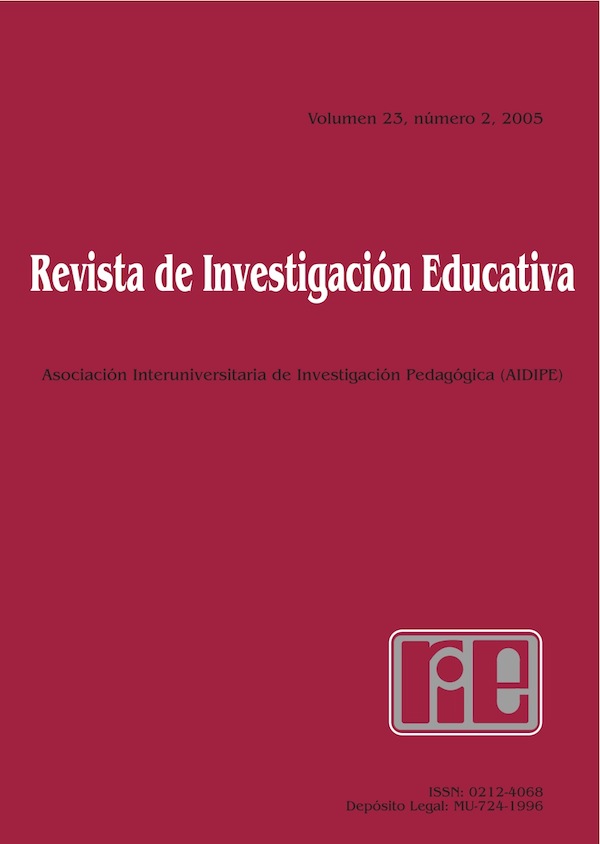La consideración del sistema de orientación a estudiantes universitarios en la evaluación institucional española
Abstract
Institutional evaluation procedures in Spanish higher education are characterised by insufficient criteria for the assessment of student affairs contained in the assessment guidelines in comparison with other subjects, mainly, from an institutional point of view. In this study, an in-depth analysis of the institutional evaluation procedures in the University of Leon was carried out to examine to what extent student affairs programs and services have been assessed within the institutional context.
The methodology consisted of content analysis of the assessment reports and quantitative descriptive and factorial analysis methodology for the students surveys carried out within the evaluation processes.
The main conclusions refer to the need of considering affairs programs and services within an institutional plan at higher education institutions, which should be adapted to the needs and requirements of each faculty or college, and also to the need of highlighting the institutional dimension in institutional evaluation procedures
Downloads
-
Abstract188
-
PDF (Español (España))107
The articles and scientific documents published in RIE abide the following conditions:
1. The Servicio de Publicaciones de la Universidad de Murcia (the publisher) has the property rights (copyright) of all the documents published and allows the reuse under the user’s license indicated in point 2.
2. All documents are published in the digital edition of RIE under a Creative Commons Reconocimiento-NoComercial-SinObraDerivada 4.0 Internacional. (legal document) license. These documents can be copied, used, distributed, communicated and explained publicly if: i) the author(s) and its original source of publishing (magazine, publisher and URL of the document) are cited; ii) it is not used for commercial purpose; iii) the existence and the specifications about this license are mentioned.
3. Auto-archive’s conditions. The authors are allowed and encouraged to digitally distribute the pre-print versions (a version before evaluation) and/or post-print (a version that it is already evaluated and accepted to its publication). This promotes circulation and distribution earlier and can increase the citations and significance within the academic community.










